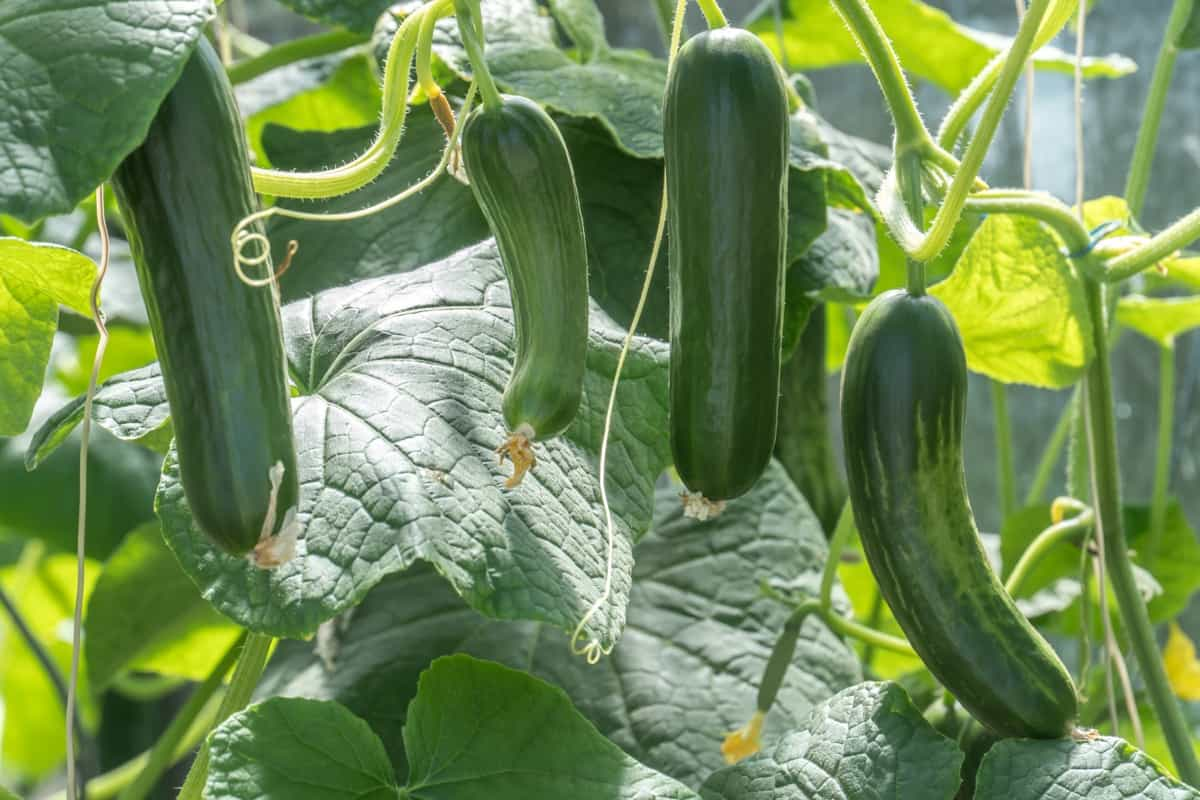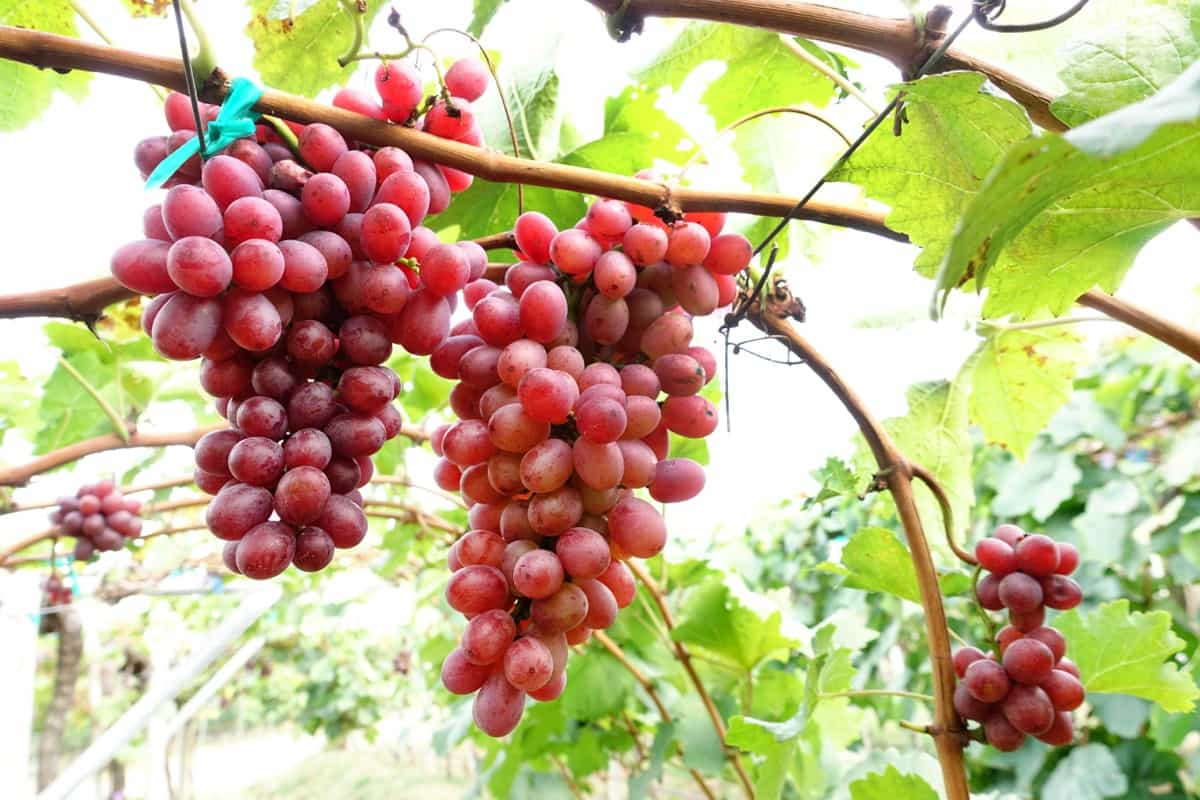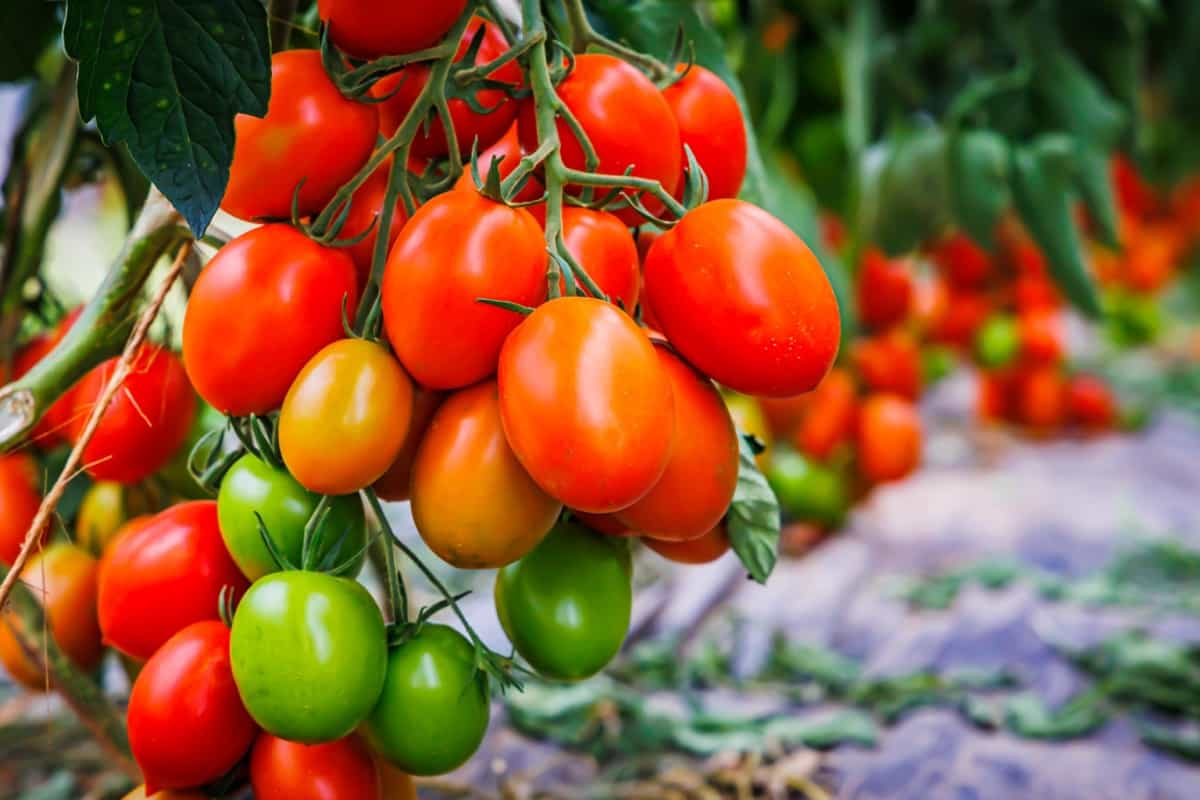Nano copper is a new type of copper that is at least 80 times smaller than traditional copper particles. It is so small that it can be used in various agricultural products and applications. For example, Nano copper can increase crop yields, improve plant health, and control pests and diseases. Nano copper is also more efficient in using water and nutrients, which can help to conserve resources and reduce environmental impact.

What is Nano Copper?
Nano copper is a new agricultural technology that uses nanotechnology to improve crop yields. Nano copper particles are incredibly small, and when applied to crops, they can help plants to absorb more nutrients and water. This can lead to increased crop yields and also help to reduce the number of chemicals and pesticides that farmers need to use. Nano copper is still in the early stages of development, but it has the potential to revolutionize agriculture. If nanoparticles can be used to improve plant growth and yield, they could hugely impact food production worldwide. In addition, it could help feed more people with less land and reduce the environmental impact of farming.
How does Nano Copper work?
- Nano copper is a new type of agricultural technology that promises to revolutionize how we grow crops. This new technology utilizes extremely small particles of copper to create a more efficient and effective way to deliver nutrients and water to plants. Nano copper is already being used in several commercial applications, and its potential for agriculture is immense.
- One of the key benefits of nano copper is its ability to improve plant uptake of essential nutrients. Copper is essential for plant growth, but it is often difficult for plants to absorb enough copper from the soil. Nano copper particles can bypass this barrier and improve plant uptake of copper by up to 30%. This means that plants can get the nutrients they need without relying on excessive fertilizer.
- Nano copper also has the potential to improve water use efficiency in crops. Because nano copper particles are so small, they can coat the leaves of plants and create a micro-climate around the plant that helps retain water vapor. This can reduce water loss from evaporation by up to 70%, which can be a critical advantage in drought conditions.
- In addition to improving nutrient uptake and water use efficiency, nano copper can protect plants from disease and pests. Copper is a natural fungicide and insecticide, and when delivered in nanoparticle form, it can be even more effective at protecting plants from harm. Nano copper has already been shown to be effective at controlling fungal diseases.
In case you missed it: Benefits of Amino Acid Fertilizer for Agriculture

Benefits of Nano Copper
- Nano copper is a new technology that has the potential to revolutionize agriculture and help meet the demands of a growing population.
- Nano copper is a form of copper that has been broken down into nanoparticles. These nanoparticles are so small that they can penetrate plant cells and kill bacteria and fungi. Nano copper is already used in agriculture as an alternative to chemical pesticides and fungicides.
- Nano copper is more effective than traditional pesticides and fungicides because it can target specific pathogens without harming beneficial microbes. Nano copper also remains in the soil for longer periods, meaning crops can be protected from pests and diseases for longer periods.
- In addition to protecting crops from pests and diseases, nano copper can also improve plant growth and yield. Nano copper has been shown to increase the uptake of nutrients, improve photosynthesis, and increase water retention in plants. These effects have led to increased yields of up to 30%. With the world’s population expected to continue growing, the need for foods such as grains, fruits, and vegetables will only increase. Nano copper could play a key role in meeting this demand by increasing crop yields using fewer inputs.
Future of Nano Copper
- The future of nano copper is looking very bright. Nano copper is still in its early stages of development, but there are already many applications for this promising new material.
- One of the most exciting applications for nano copper is in the area of crop yield enhancement. Studies have shown that nano copper can help plants absorb nutrients more effectively, resulting in higher yields. This could be a major game-changer for farmers worldwide, always looking for ways to increase their yields.
- Nano copper can also be used to create more durable and resistant crops. For example, farmers can create crops that can withstand pests, diseases, and extreme weather conditions by coating seeds with nano copper. This could lead to fewer crop failures and higher overall yields.
- In addition to enhancing crop yields and creating more resilient crops, nano copper can also create smarter irrigation systems. For example, Nano copper sensors can monitor soil moisture levels, making it easier for farmers to determine when and how much water their plants need. This could save huge amounts of water, a valuable resource in agriculture. The possibilities for nano copper are nearly endless, and it’s clear that this technology has the potential to transform the agricultural industry.
Nano Copper applications in agriculture
Nano copper has various applications in agriculture, from crop protection to soil improvement. For example, Nano copper can be used as a pesticide, as it is effective against many fungi, bacteria, and viruses. Nano copper also has plant growth-promoting properties, which makes it an ideal additive for fertilizers and irrigation water. In addition to its agricultural applications, nano copper is also being investigated for use in food processing and packaging, as it can extend the shelf life of food products.
Nano copper is a new type of copper that is very small, typically around 1-100 nanometers. This makes it unique compared to other forms of copper, allowing it to be used in many different ways. One way that nano copper is being used is in agriculture. There are many applications for nano copper in agriculture, and the list below outlines some of the most promising uses.
- Pest Control: Nano copper can be used as an effective pest control agent. It can help keep pests away and reduce crop damage when applied to crops.
- Disease Control: Nano copper can also be used to control diseases in plants. When used as a spray or mist, it can help to kill bacteria and viruses that cause diseases.
- Fertilizer: Nano copper can be added to fertilizers to improve their effectiveness. The small size of nano copper particles means that they can easily be taken up by plants, helping them to grow better and faster.
- Soil Remediation: Nano copper can also clean up contaminated soils. It has been shown to effectively remove heavy metals and other pollutants from soils, making them safer for plants and animals.
- Water Treatment: Nano copper can purify water supplies. When added to water, it can help remove impurities such as bacteria and viruses.
In case you missed it: Benefits Of Diatomaceous Earth in Agriculture

Nano Copper in agriculture technology
- Nano copper has been shown to improve plant growth and development. It can increase the uptake of nutrients, improve photosynthesis, and increase the overall health of plants. Nano copper is also effective in controlling plant diseases and pests. In addition, nano copper can help increase crops’ yield and improve the quality of fruits and vegetables.
- Copper is an essential micronutrient for plant growth and development. However, due to its low concentration in soil, plants often suffer from copper deficiency. This can lead to several problems, including stunted growth, poor yields, and reduced resistance to disease.
- Nano copper is a new type of copper that is much more concentrated than traditional copper products. This makes it ideal for use in agriculture, as it can help to correct deficiencies and improve crop yields. Nano copper is also more resistant to leaching than traditional copper products, meaning that it will remain in the soil for longer and be available to plants for longer.
- There are several ways in which nano copper can be used in agriculture. For example, it can be applied directly to the soil or added to irrigation water. It can also be used as a foliar spray or added to seed coats before planting.
- Nano copper is already being used by farmers in many parts of the world, and the results are very promising. For example, farmers have reported increased crop yields of up to 30% in China after using nano copper products. One study found that nano copper increased rice yields by 21% in India. And in the United States, farmers using nano copper have seen increases in yield of up 53%.
Conclusion
The potential for nano copper in agriculture is great. It is still early, and more research is needed to unlock its potential, but the future looks promising. This technology has the potential to help farmers increase yields, improve crop quality, and reduce pesticide use.
